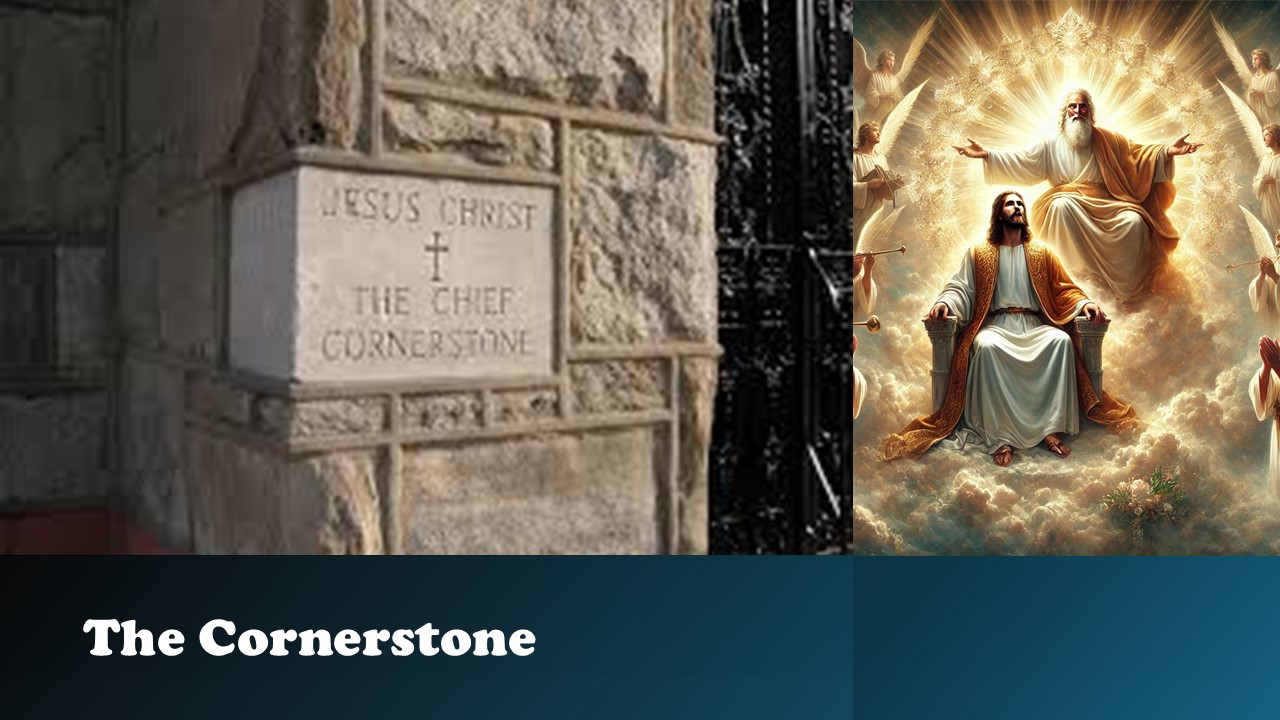We wrap up the second epistle by the apostle Paul to Timothy by exploring the context in which the book is written, summarizing the book, and highlighting some of the most important themes. Paul addresses salvation past, present and future. He refers to the story of redemption. He discusses suffering amid faithfulness. He also stresses the wise use of our words. At the end of it all Paul makes a declaration that ought to be echoed by every Christian at the end of life: “I have fought the good fight, I have finished the course, I have kept the faith; in the future there is reserved for me the crown of righteousness, which the Lord, the righteous Judge, will award to me on that day; and not only to me, but also to all who have loved His appearing.” (1 Timothy 4:7-8)
Other Scriptures referenced include 2 Timothy 3:14-15; 2 Timothy 4:2, 9-21; Hebrews 13:23; 2 Timothy 1;5-6; 1 Timothy 1:18; 1 Timothy 6:12; 2 Timothy 1:9-10; 2 Timothy 4:1; 2 Timothy 4:8; 2 Timothy 3:8; 2 Timothy 2:8; Romans 1:1-4; 2 Samuel 7:1-16; 2 Timothy 1:8-9; 2 Timothy 2:1-3, 8-10; 2 Timothy 3:12; 2 Timothy 4:5, 10; Acts 17:11; 1 Thessalonians 5:21; and 2 Timothy 2:24-25.

In this episode of the 10:10 Thrive Podcast, we explore the powerful and deeply personal conversation between Jesus and Nathanael, as recorded in John...

How bold are you? As you move forward in this new year, how big are your dreams? How steady is your step? How willing...

In 1 and 2 Peter, we find a rich portrayal of Jesus that reveals His unique roles in both His suffering and His glory....